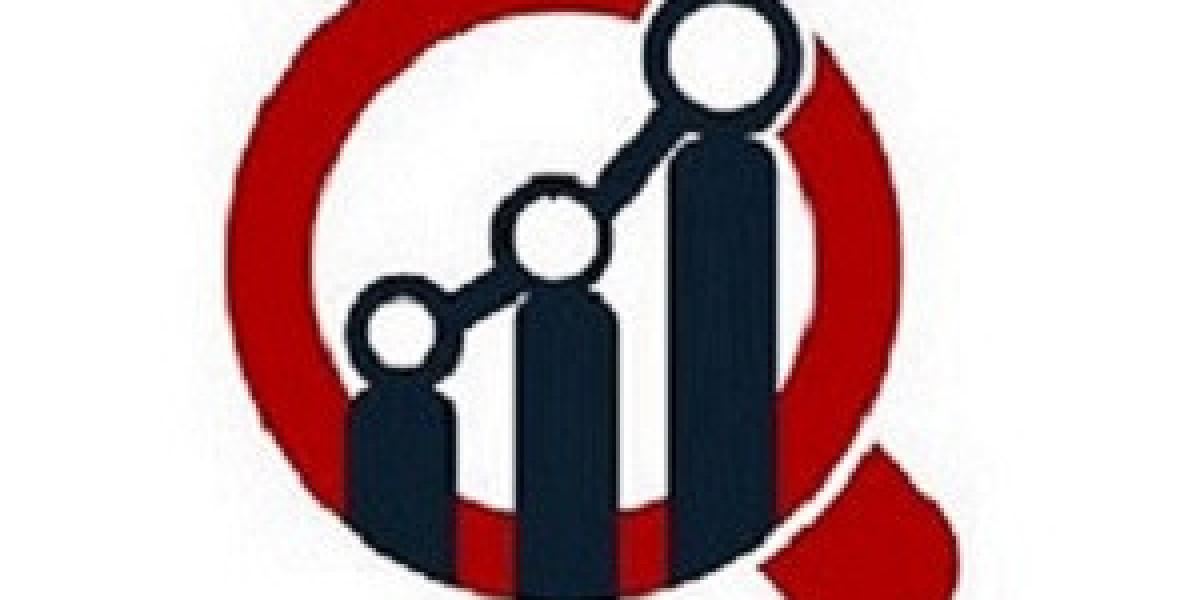An opinion poll, often simply referred to as a poll or a survey, is a human research survey of public opinion from a particular sample. Opinion polls are usually designed to represent the opinions of a population by conducting a series of questions and then extrapolating generalities in ratio or within confidence intervals.
An opinion poll involves the use of a certain representative number of people and asking them specific questions on particular issues. Their responses are then scientifically analysed to arrive at what percentage of people are saying what on a particular issue.
HISTORY
The first known example of an opinion poll was prior to the 1824 presidential election, showing Andrew Jackson leading John Quincy Adams by 335 votes for the United States elections. Such straw votes gradually became more popular, but they remained local, usually citywide phenomena. In 1916, national survey by The Literal Digest correctly predicted Woodrow Wilson's election as president. The same survey also correctly predicted Warren Harding in 1920, Calvin Coolidge in 1924, Herbert Hoover in 1928, and Franklin Roosevelt in 1932.
Opinion polls are one way to determine what certain demographics of people are thinking and feeling. An overview of the perspective is thus achieved so that targeted actions can be taken. The various advantages and disadvantages of opinion poll are listed below
Advantages of Opinion Polls
- Determining a majority opinion
It is an easy way to determine how the general public is feeling on a subject. It can help those in leadership to determine what response they may expect.
- Potential
Since the questioning is done randomly, it goes outward to the feelings of the people. The size of the sample here determines accuracy, a small sample may not produce accurate results in comparison to a large sample
- Relevant facts
If the facts provided by people are proven false in the data collected, it becomes possible for people to find a way to change their mind or deepen their perspective. This happens because opinion polls give people the opportunity to see their perspectives through the eyes of another.
- Affordable
Polls are completed with a day or two with minimal efforts and cost either over the telephone or on the streets speaking with people. The data is the compiled to create relevant information.
Disadvantages of Opinion Polls
- Negative influence
Opinion polls taken in real time can have a detrimental effect on population groups
- Result may be inaccurate
Answers must not be blindly believed as they may not always reflect the true reflection of what a person’s opinion might be. Someone might say something in an opinion poll and may vote completely different during elections
- Sample randomness
No doubt, random samples are free from biases but there is a chance that when a small sample of say 100 people is taken, we may receive 100 similar answers.






